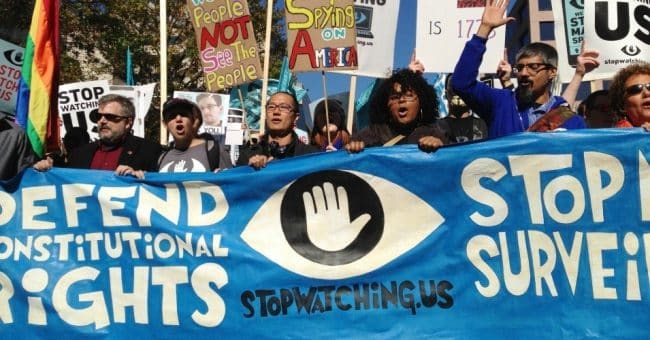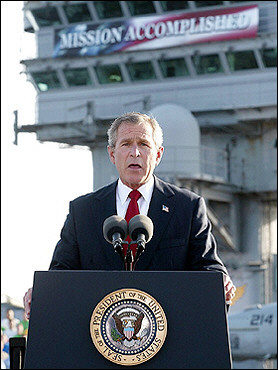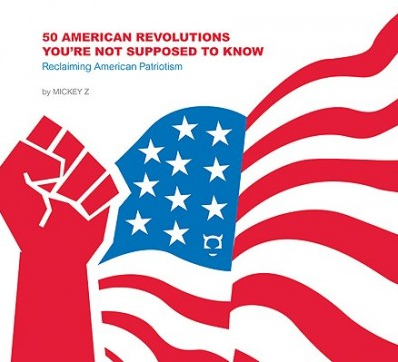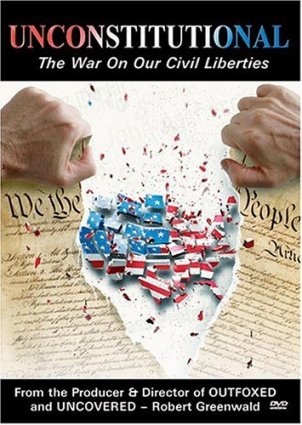On Oct. 26, 2001, President George W. Bush signed the USA PATRIOT Act. The acronym stands for “Uniting and Strengthening America by Providing Appropriate Tools Required to Intercept and Obstruct Terrorism.”
Howard Zinn noted in a 2002 essay at The Progressive Magazine,
The USA Patriot Act defines a ‘”domestic terrorist” as someone who violates the law and is engaged in activities that “appear to be intended to . . . influence the policy of government by intimidation or coercion.” This could make many activist organizations subject to designation as terrorist organizations. . .
That idea is a startling one, but immediately recognizable as true: Our most deadly enemies are not in caves and compounds abroad but in the corporate boardrooms and governmental offices where decisions are made that consign millions to death and misery — not deliberately, but as the collateral damage of the lust for profit and power. Continue reading Operating Enduring War.
In Terrorism and War, Zinn quoted Nancy Chang, an attorney at the Center for Constitutional Rights, who said that the Bush administration’s actions since September 11 “portend a wholesale suspension of civil liberties that will reach far beyond those who are involved in terrorist activities.”

Protesters carried signs at a march against mass surveillance on Oct. 26, 2013 in Washington, D.C. (Photo: EFF/Flickr/cc)
Chang says that a possible outcome of the USA PATRIOT Act is
the criminalization of legitimate political dissent [and warns that it] grants the executive branch unprecedented, and largely unchecked, surveillance powers, including the enhanced ability to track email and Internet usage, conduct sneak-and-peak searches, obtain sensitive personal records, [and] monitor financial transactions.
Learn more from the film Unconstitutional and the related resources below.










Twitter
Google plus
LinkedIn